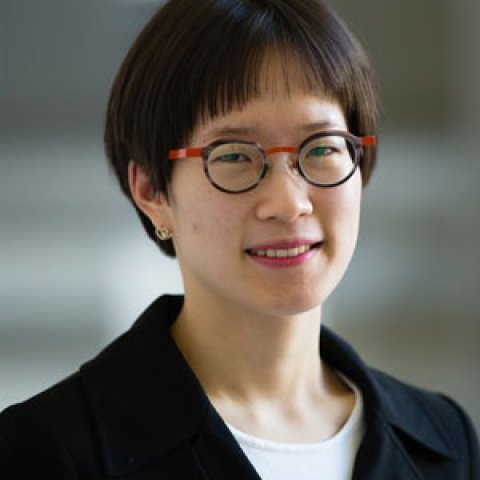Heajin Kim
Former Korea Foundation Junior Scholar
Professional Affiliation
M.A., The Committee on International Relations, University of Chicago
Expert Bio
Heajin Kim is 2017 KF Junior Scholar. Majoring in International Relations, she received her B.A. from the University of Tokyo and M.A. from the University of Chicago. Before joining the Wilson Center, she worked as an editor at the Institute of Foreign Affairs and National Security of the Korea National Diplomatic Academy, where she translated papers on international affairs from Korean to English. Her research interests include international relations theory, international security, East Asian politics, power asymmetry, and social network analysis. She is fluent in Korean, English, and Japanese, and has reading ability in Chinese. When she does not read and write, she likes to swim and watch movies.
Wilson Center Project
"North Korea's Nuclear Obsession: How the Kim Regime Learned to Stop Worrying and Love the Bomb."
Project Summary
What enables North Korea’s adherence to nuclear proliferation, which in turn renders the counter-proliferation effort ineffective? Despite the long history of counter-proliferation efforts, North Korea’s nuclear ambition remains clear. Without an adequate understanding of what shapes North Korea’s nuclear strategies, policy-makers will be limited in their ability to implement successful counter-proliferation strategies. In an attempt to contribute to laying the groundwork for policy-makers, this research explores the Kim dynasty’s decision-making process and intentions for nuclear weapons.
Specifically focusing on North Korea and its nuclear obsession rather than generating a widely applicable theory, this research adopts a network theoretical approach. Network analysis has three potential benefits. First, by analyzing the regime as a network, this approach can shed light on how domestic political structure constrains or enables agents. Second, network approach will move focus of the rhetoric from what one is thinking to how one is presenting oneself to the audience. Third, network analysis also allows multiple levels of structural investigation that can incorporate both the concept of national security and regime security. Through this lens, this research aims to identify factors that drive North Korea to adhere to its nuclear programs and provide the groundwork for formulating the best strategy for halting proliferation.
Major Publications
“Modification of the Autonomy-Security Trade-Off Model: Transformation in Northeast Asia and the U.S.-Korea Alliance,” Princeton Journal of East Asian Studies, Vol 11
“Network Turn of Alliance: From State Behavior to Network Structure” (co-authored), Journal of Research Methodology, Vol 1.2
“Northeast Asia, Trust, and the NAPCI,” The Diplomat

